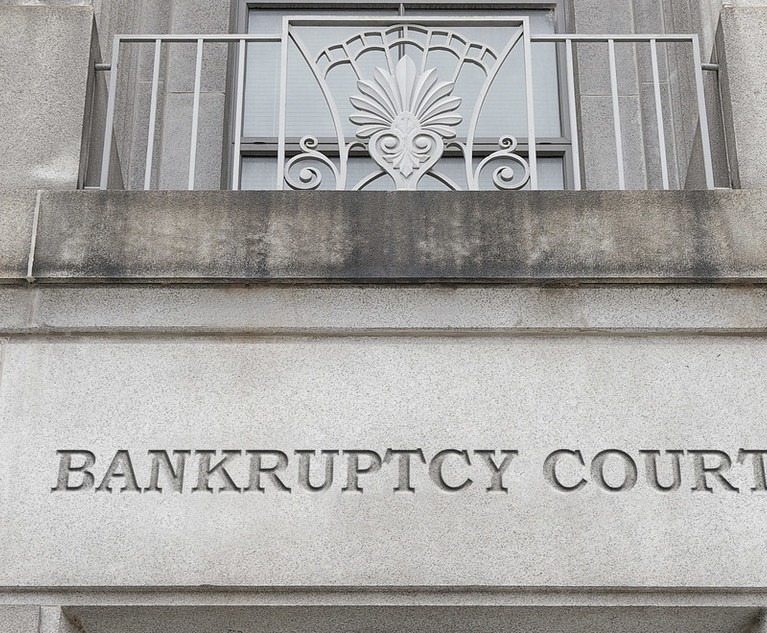The assets available to secured creditors in a debtor’s bankruptcy proceeding must constitute “property of the estate” within the meaning of section 541(a)(1) of the U.S. Bankruptcy Code. However, creditors, including secured creditors, can sometimes find assets of a debtor outside the realm of a bankruptcy debtor’s estate based on certain pre-bankruptcy arrangements. Examples of those arrangements are trusts and escrows.
Two recent cases, however, one in Texas and one in New York, have scrutinized assets held in trusts and escrows and found them to be ineffective in protecting the related assets from the rights of secured creditors. In the cases of Markel Insurance Company v. Origin Bancorp, Inc., —F.Supp.3d—, 2023 WL 2589231 (ND Tex. Mar. 21, 2023) and In re: Urban Commons 2 West LLC, et al., 648 B.R. 530 (Bankr. S.D.N.Y. Feb. 16, 2023), federal courts held that a trust and escrow arrangement, respectively, were each insufficiently structured to protect the related assets from claims of creditors of the bankrupt debtor.
This content has been archived. It is available through our partners, LexisNexis® and Bloomberg Law.
To view this content, please continue to their sites.
Not a Lexis Subscriber?
Subscribe Now
Not a Bloomberg Law Subscriber?
Subscribe Now
LexisNexis® and Bloomberg Law are third party online distributors of the broad collection of current and archived versions of ALM's legal news publications. LexisNexis® and Bloomberg Law customers are able to access and use ALM's content, including content from the National Law Journal, The American Lawyer, Legaltech News, The New York Law Journal, and Corporate Counsel, as well as other sources of legal information.
For questions call 1-877-256-2472 or contact us at [email protected]


 Barbara M. Goodstein
Barbara M. Goodstein




